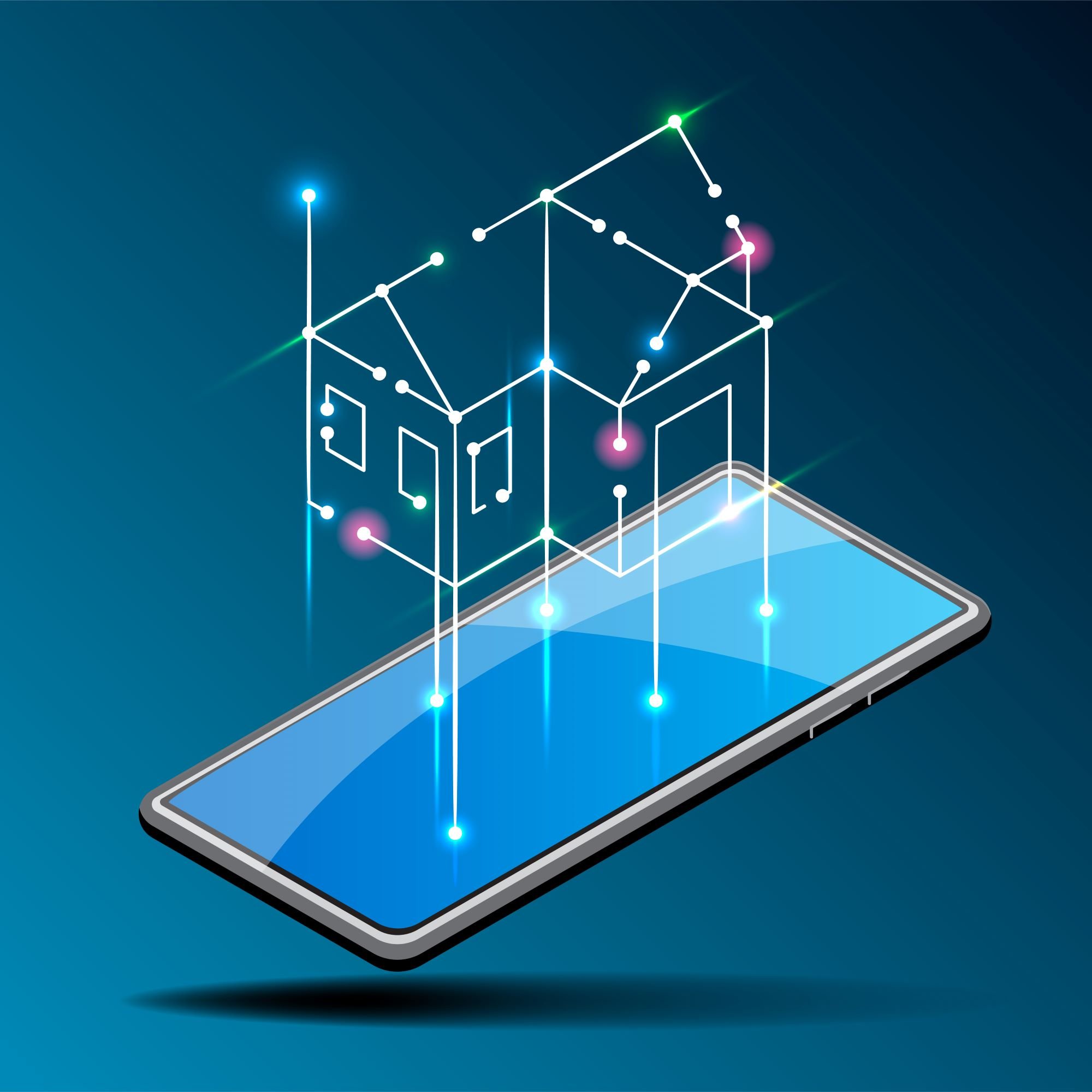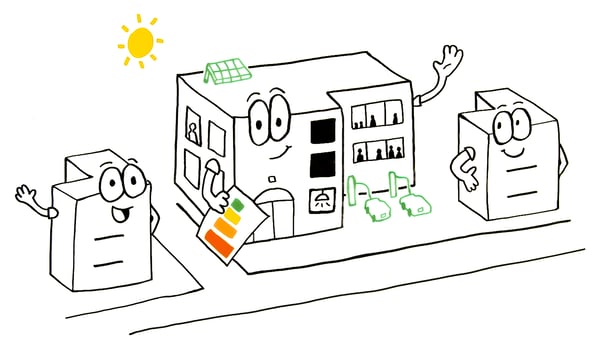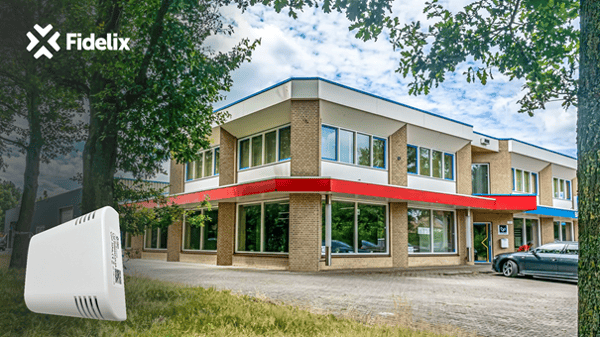The building automation industry is facing an interesting transformation. While it remains a traditional industry in many ways, it stands to benefit enormously from digitalisation and technological advances. As an industry, it is one of the most obvious practical applications for the Internet of Things (IoT), where devices are connected to the internet and each other.
Applications facing the most concrete changes include the central units and control devices of building automation. In the future, they can be ordered pre-connected to the cloud to allow the units to begin communicating with the cloud once they are connected to a data network. Indeed, instead of industrial computers, we should be talking about IoT devices.
For property owners, the changes are visible as improved service. Building automation upgrades can be efficiently implemented over the internet, improving the efficiency of lifecycle management. The data and programming logic produced by the system can be backed up in the cloud, which reduces the importance and risks of physical devices.
The growing relative importance of services
As IoT and cloud services develop, customers purchase an increasing share of building automation features as cloud services, gradually moving away from on-site hardware and software. Software as a-Service (SaaS) solutions are replacing cumbersome IT investments. The excellent success of Fidelix's cloud SCADA in recent years is one tangible example of the ongoing transformation.
In this sense, the building automation of the future can be compared to a smart TV, which offers the consumer not only a device but also various services that can be purchased online that which expand the experience and features of the device almost without limit. And the device itself doesn't stay the same as it did at the time of purchase, thanks to remotely downloaded updates.
Of course, smart automation is not suitable in all applications. Security-critical properties simply cannot be connected to the cloud, and the number of such properties may well increase in the future due to global instability. It is likely that the market will become so polarized that certain properties rely very heavily on the cloud and the benefits it offers, while others are not connected to it at all. The Fidelix system must therefore be suitable for both purposes also in the future.
New opportunities for innovative companies
As we know, buildings make up 40% of total energy consumption. This means that there are significant opportunities to reduce energy consumption on a society-wide scale. This encourages the development of innovative solutions that require the superior storage capacity and computing power of the cloud.
We can expect entirely new insights and innovations in the development of services that use building automation data and APIs. At best, they are created as a result of cooperation between different actors, combining different perspectives. For example, companies offering building automation optimisation solutions are already entering the industry at an accelerating pace, whose core competence is not in building services systems but rather in cloud technologies, new programming languages and artificial intelligence.
Fidelix's vision is to offer an open system that can integrate the best solutions in the industry to ensure the comfort and energy efficiency of property users. In addition to our own service development, we collaborate with companies that balance electricity production and consumption through demand response. Our own EcoSmart optimisation solution is a good example of how cloud technologies can provably reduce district heating consumption.
In the future, artificial intelligence is also likely to be harnessed to help gather data about the conditions and use of properties. Commercial AI is still in its early stages, but it has enormous potential and may in the future help solve entirely new kinds of problems through building automation.
Over the next ten years, the development of the industry will certainly be much more fast-paced than in the previous decade. Although this transformation involves plenty of unknowns and uncertainties, its potential for properties, users and the environment is many times greater than the risks. That's why I consider it important to be part of this change.
Juha Ilvespalo
Product Lead



